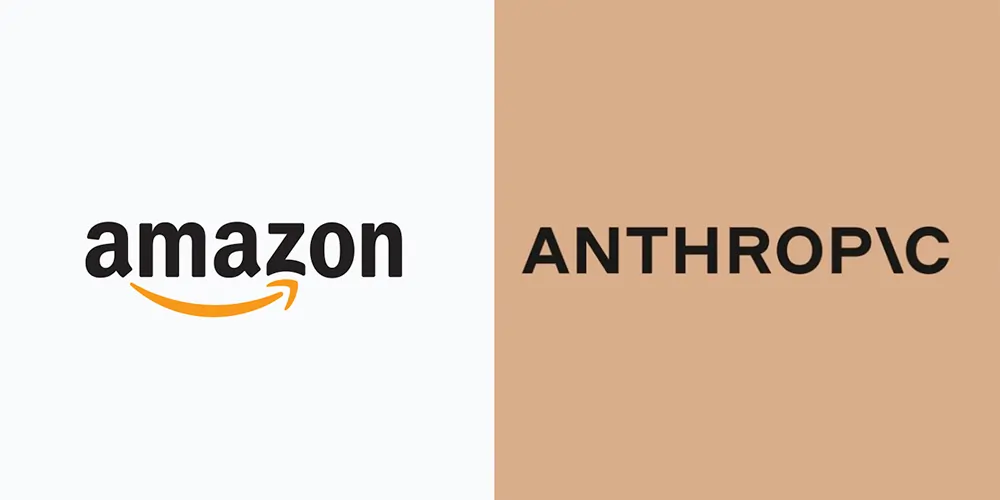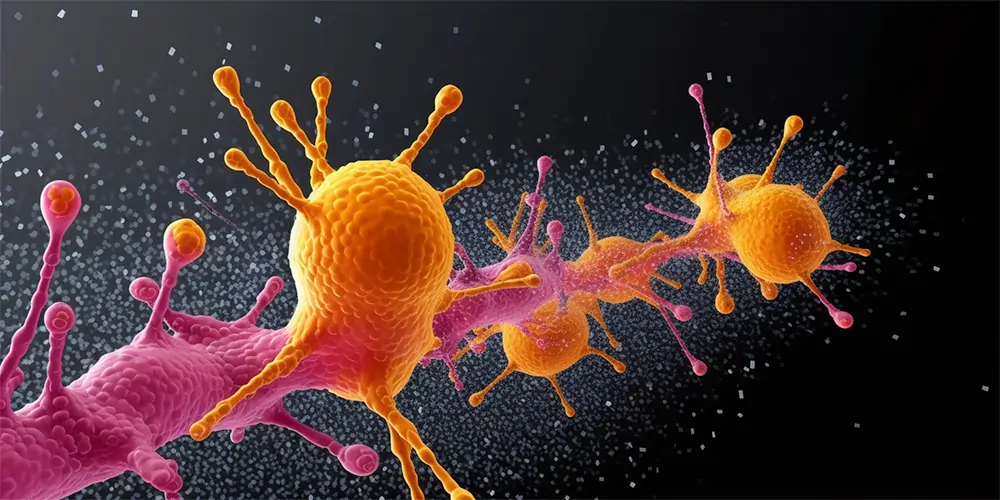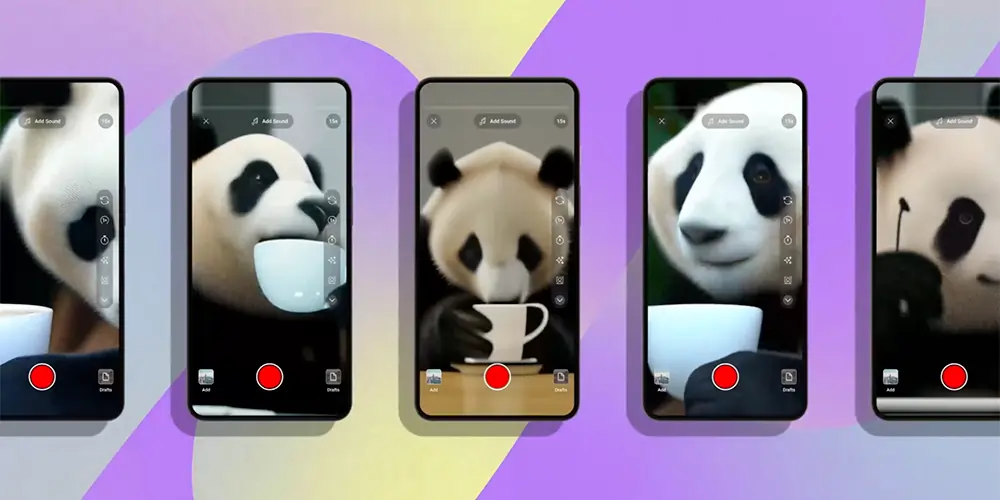In the wake of a U.S. federal judge’s recent ruling, the debate over whether artworks produced by generative artificial intelligence should be copyrighted has intensified.
As the U.S. Copyright Office’s position is examined and challenged, especially in light of the Thaler case, the artistic community is faced with profound implications for the future of creativity, authorship, and the role of AI in the arts.
The AI-Copyright Debate Intensifies
The difficulty in copyrighting artworks birthed by generative AI has taken centre stage again.
This past Friday, a significant legal pronouncement was made on the matter. A federal judge reaffirmed the U.S. Copyright Office’s stance that art crafted by AI doesn’t warrant copyright protection.
U.S. District Judge Beryl Howell, who presided over the case, expressed that copyright law has traditionally shielded “works generated by new forms of technology operating absent any guiding human hand.”
This statement seems to set a precedent; however, it’s essential to note that it’s not as straightforward as it appears.
The Thaler Case: AI as an Artist?
The prominent figure at the heart of this legal drama is Stephen Thaler, CEO of the neural network firm Imagination Engines.
Thaler has been fervently advocating for AI artworks to be copyrighted. He listed the Creativity Machine, an AI system, as the exclusive creator of an artwork titled “A Recent Entrance to Paradise”.
The piece was defined as being “autonomously created by a computer algorithm running on a machine.”
Thaler’s contention was clear: AI, when it meets specific authorship criteria, should be recognised as an author, with copyright privileges extending to the AI’s human owner.
However, Judge Howell was unequivocal in her response. She stated, “In the absence of any human involvement in the creation of the work, the clear and straightforward answer is the one given by the Register: No.”
Also read:
When Does AI Contribution Count?
Despite Judge Howell’s verdict, the U.S. Copyright Office has previously indicated a more nuanced stance.
In March, the Office communicated its willingness to evaluate AI-generated works for copyright eligibility on a “case-by-case” basis.
The crux of the matter lies in human involvement. If a creation is the sole work of AI, it remains uncopyrightable. But, if there’s human intervention or support in conjunction with AI, copyright could potentially be conferred.
Shira Perlmutter, the director of the Copyright Office, elaborated on this by suggesting that the Office would probe whether AI’s input was mere “mechanical reproduction” or a genuine reflection of an author’s “original mental conception.”
Implications for the Art World
The broader implications of this debate are profound, particularly for the artistic community.
There’s tangible apprehension amongst writers and actors, evidenced by the WAG/SAG-AFTRA union strike that has now surpassed 100 days.
A core concern is that studios could lean heavily on generative AI, both for scriptwriting and acting, potentially rendering some human roles redundant.
Moreover, Judge Howell’s decision highlighted the broader complexities around the originality of AI-generated art, especially when these systems are trained on pre-existing copyrighted material.
The boundary between human creativity and AI assistance is indeed blurring, raising intricate questions about the essence of originality and authorship.
While this particular case may appear clear-cut – Thaler admitted to having no role in the creation of the artwork – the broader debate is far from settled.
Ryan Abbott, Thaler’s attorney, has already signalled intentions to appeal the judgment. And as AI continues to evolve and intertwine itself more deeply within the creative sectors, it’s inevitable that this conversation will resurface.
Copyright law, rooted in historical precedents, has always emphasised the value of human creativity. But in this modern age, where technology and creativity are increasingly intertwined, it remains to be seen how the legal landscape will adapt to these shifting paradigms.




